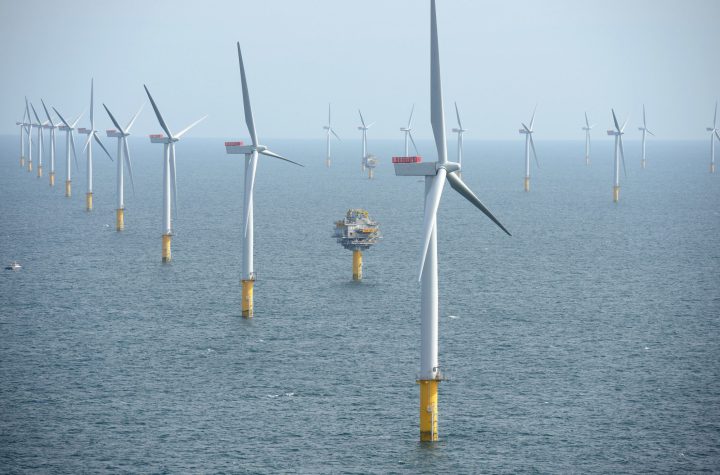85% of Britons back subsidies for renewables
New survey also finds growing support for phase-out of coal power
By George Smeeton
info@eciu.netShare
New survey also finds growing support for phase-out of coal power
A significant majority of British adults (85%) want renewable energy sources such as wind and solar to receive subsidies, according to a new survey conducted by ComRes for the Energy and Climate Intelligence Unit (ECIU). The same proportion also back subsidies for programmes that reduce energy waste.

Less than a third (30%) think gas power should be subsidised, the same proportion as for nuclear, with only about a fifth (19%) wanting support for coal.
The poll also reveals growing support for the Government’s commitment to phase out coal-fired power stations with 65% of Britons now backing an end to coal use, up from 58% in 2015. Only a fifth (20%) want coal to continue to be used at the current rate.
Renewables, either wind or solar, are the top choices for replacing coal, with 42% of Britons choosing one or other as their preferred technology. Nuclear is backed by 16%, and gas by only 3%.
“Many new energy technologies need support to get up and running, and Britons clearly want support to continue for these clean technologies,” said Lord Adair Turner, chair of the Energy Transitions Commission.
“As wind and solar have become cheaper, the level of financial support needed has been falling fast. As this trend continues, so we begin to reap the rewards of earlier investment, in the form of lower wholesale electricity prices.
“Globally, investors are putting more money into building renewables than any other form of power generation. The opportunity now before this government as it develops its industrial strategy is to use Britain’s leadership in technologies such as offshore wind to corner a larger slice of the burgeoning global market.”
Onshore wind is now the cheapest new form of generating capacity, well below both coal and gas-fired power stations, and requiring much lower levels of support than five years ago. Close behind is large-scale solar PV. The government has ended all support for onshore wind, and reduced it for solar energy.
“Clean and efficient energy is what the British public demands and they know this means bringing down the curtain on coal, the most polluting fossil fuel,” said Paul Massara, CEO of North Star Solar and former CEO of RWE npower.
“We should be moving to a subsidy free, low carbon, flexible system including solar, onshore wind and storage and move away from our fixation with subsidised nuclear baseload and another dash for gas; anyone calling for that is clearly out of touch with the British people.
“Our job is now to finish building a modern, flexible electricity system that operates much more like a normal market and enables businesses and households to take greater control – which, government advisors calculate, will cut our future energy bills by a whopping £8bn per year.”
Andrew Hawkins, chairman of ComRes, said: “This survey demolishes any claim that the public are resistant to encouraging energy sources such as wind and solar. Even in cash-strapped times, an overwhelming majority want renewable energies to have financial support. The public want to see active encouragement given to the cleaner energies of the future which is why support for coal use has now become the preserve of a modest minority.”
Confirming a finding from an ECIU/ComRes survey in August 2015, the poll also shows major support for Government assistance for programmes that reduce energy waste. Research shows that huge amounts of energy are wasted in the generation of electricity, with savings of up to £116 per household per year possible through improved efficiency.
Last week ECIU and ComRes released other results from the same survey showing that a growing majority (64%) of British adults believes that climate change is principally man-made, and that 80% of the public are concerned about the forecasted effects of climate change on wildlife.
ComRes interviewed 2,045 British adults online between the 1st and 2nd February 2017. Data were weighted according to age, gender, region and social grade to be nationally representative of adults aged 18+. ComRes is a member of the British Polling Council and abides by its rules. The data tables are available on request. The survey and data tables can also be found at www.comresglobal.com, and are also available here.